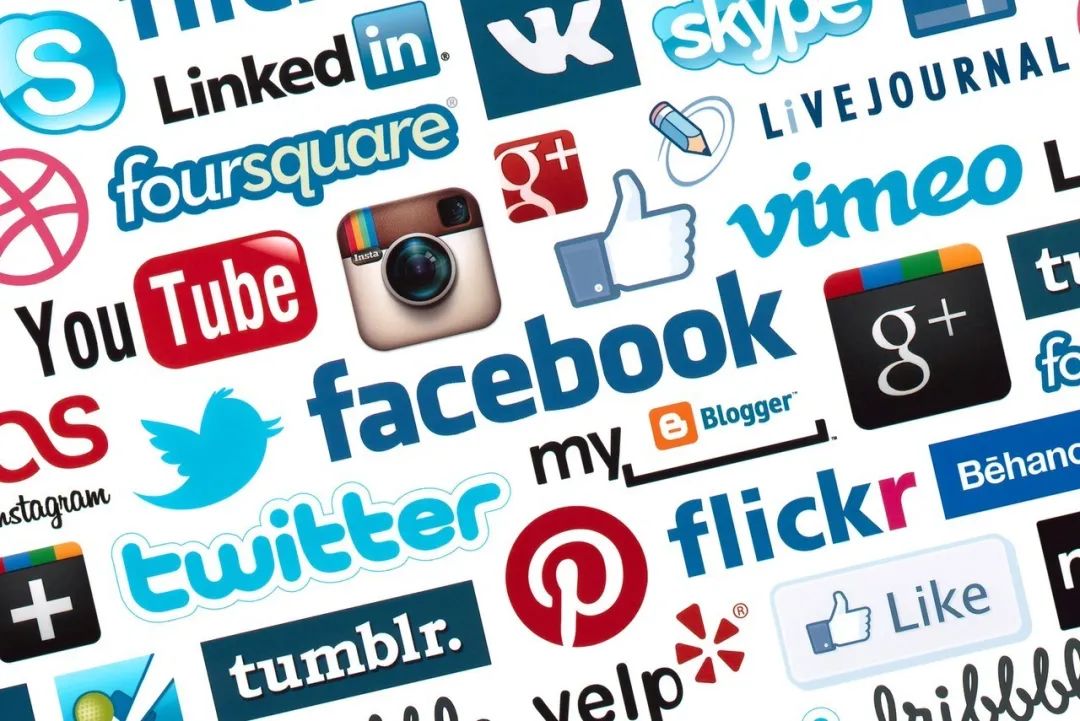Social media marketing is so popular that 87% of consumers "buy, buy" is arranged
The contents of the synth
During the coronavirus pandemic, e-commerce almost replaced physical retailing. As people increasingly turn to online shopping, what is the impact of social media e-commerce on the retail industry as a whole?

During the coronavirus pandemic, it seems that everyone uses social media more than usual. We use it to connect with friends and family, share important news or safety guides, and find laughs during this difficult time.
E-commerce almost replaces physical retail
COVID-19 has also led to an increase in shopping through e-commerce. Online shopping is nothing new, but e-commerce has almost replaced physical retail during the coronavirus pandemic.
E-commerce orders in the U.S. and Canada rose 129 percent year-on-year in the year to April 21, while all online retail orders rose 146 percent year-on-year, Forbes reported. The same analysis concluded that revenue from online businesses rose 68 per cent year-on-year by mid-April.
That increase is due to more than 306 million Americans, who make up about 95 percent of the U.S. population. "Home at Home" guidelines and store closures allow consumers to turn to the Internet and social media to solve problems.
Over the past few years, social media platforms have begun offering advertising services that allow consumers to buy what they see on social media at the click of a button. According to Statista,As of July 2019, there were approximately 3.46 billion active mobile social media users worldwide.

COVID-19 adds these numbers. A study by Kantar shows thatSocial media engagement increased by 61%.In the countries most affected by the virus, up to 50 per cent of messages are sent via Facebook, Instagram and WhatsApp. Twitter's daily users are up 23% from last year.
How social media is changing e-commerce
In short, billions of people are now logged on to social media more often than ever before. But how has social media changed e-commerce, and how can businesses use social platforms to move forward?
Absolunet, a North American e-commerce agency, concludes that social media has a huge impact on how people buy and what they buy. According to the agency, 87 percent of e-commerce shoppers think social media helps them make shopping decisions. Another 30 per cent of consumers said they would buy directly through social media platforms.
These statistics are reflected in sales. According to Buffer's Social Situation Report 2019, 73% of marketers find social media marketing useful at least to some extent. Nearly 59 percent of these marketers believe that social media marketing is important to their overall marketing strategy.
With increased use of social media and e-commerce spending, and a proven record of the effectiveness of social media marketing, those who want consumers to buy their products during an influenza pandemic should direct their resources to engage consumers in innovative ways. Facebook, Instagram, Twitter, and more are all ways to reach modern and isolated consumers.

Social media has transformed e-commerce, giving many businesses much-needed impetus.Now, in the current global crisis, it is sure to further change the retail landscape. The effectiveness of social media marketing has been proven long before coronavirus disease in 2019. With the pandemic separating consumers from physical shopping, businesses looking to survive should now take advantage of this strategy more than ever.
Compilation/U.S. Gull Network Yuan.


Go to "Discovery" - "Take a look" browse "Friends are watching"